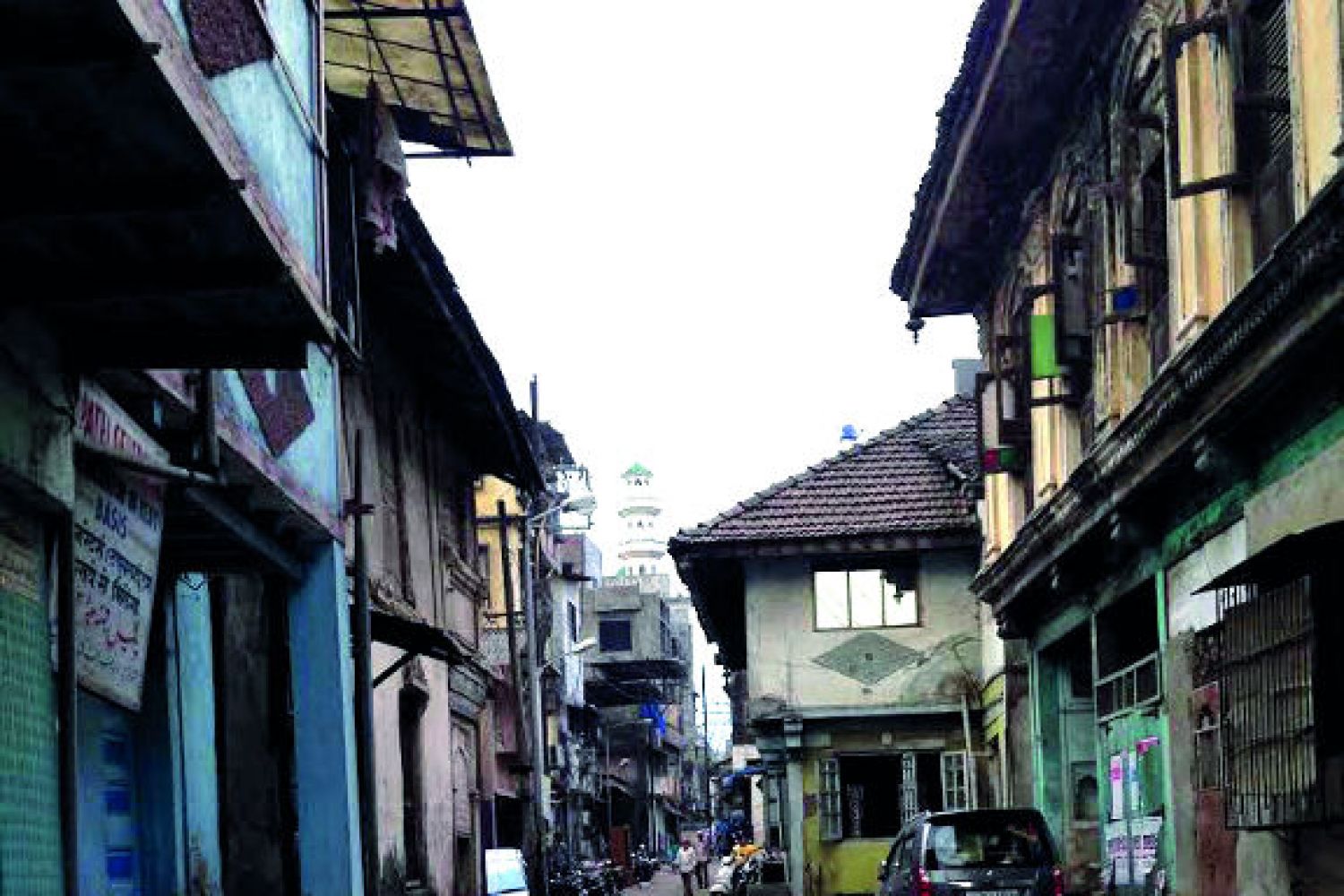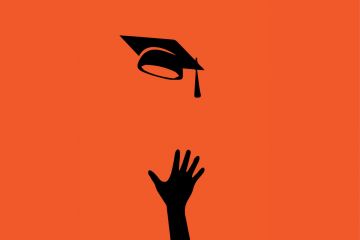
���Fighting has been enjoined upon you while it is hateful
to you. But perhaps you hate a thing and it is good for you; and perhaps you
love a thing and it is bad for you. And Allah Knows, while you know not.”
—Surat Al-Baqarah (The Cow) 2:216
“So let those fight in the cause of Allah who sell the
life of this world for the Hereafter. And he who fights in the cause of Allah
and is killed or achieves victory. We will bestow upon him a great reward.”
—Surat An-Nisā’ (The Women





